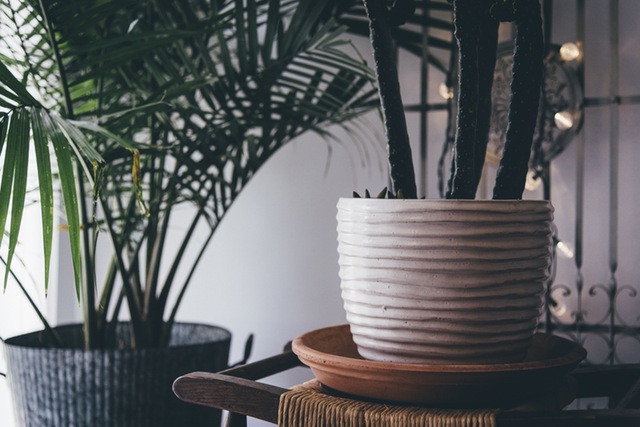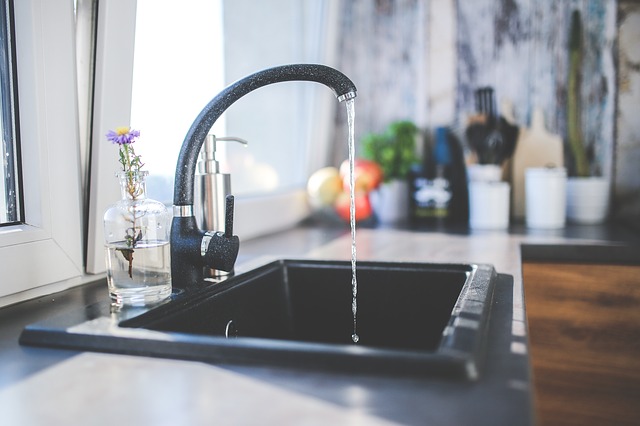You likely spend most of your time at home and so it makes perfect sense that this space influences your health. Even small aspects of your living space can impact your mental or physical wellness. Few people want to be uncomfortable and stressed in their homes, but many don’t know where the stressors originate from.
Fortunately, you’ll discover a few household factors that determine whether your place is a comfort zone or a source of stress.
Here are 10 ways your living space affects your health.
1. Screen Use
You love to kick back with your TV or phone after a long day. It helps you unwind, but it also messes with your vision and brain chemistry. Staring at screens for too long can affect your sight over time and turn the world into a faraway blur. The blue light these screens emit mimics daylight and tells your body to stay awake even when it’s bedtime, causing you to lose precious sleeping hours.
2. Bedsheets and Mattress
If you get sufficient sleep every night, it means you spend at least eight hours a day on your sheets. Your bed becomes a breeding ground for dust mites, bacteria and other creepy-crawlies. And don’t forget the dead skin cells — your once-comfortable bed quickly turns into a gross mishmash of organisms. You can combat this, though, by washing your bedding every week.
Your mattress also picks up these yucky things — clean it alongside your linens. Washing your sheets won’t accomplish much if you put them on a dirty bed.

3. Colour Choices
Your home’s colours are surprisingly influential to your moods, even if you don’t realise it. Red inspires anger, orange and yellow encourage hunger and blue creates comfort. Painting your bedroom blazing red may not help you have sweet dreams at night, and a yellowish-green kitchen could make you feel more sick than hungry. Be mindful of the hues you select for your home — what messages do you want to convey?
4. Greenery
Pops of greenery are fun, attractive and great for your health. Plants improve indoor air quality by filtering out polluted air and releasing oxygen. They also help reduce stress and depression, make you feel calmer and improve productivity. Add more greenery to your home with indoor plants, or go extravagant by installing a green roof. Green roofing can last up to three times longer than conventional materials, which lets you enjoy a long-lasting and beautiful investment.

5. Ventilation
Do you have room to breathe, or do you always feel stuffy? Adequate ventilation cleans your air and regulates household temperatures. A humid home encourages mould, which brings an entirely new set of health problems. Unclean air exacerbates allergies and respiratory issues, which can grow worse if no one treats the source. Consider a whole-home air purifier system to keep the atmosphere fresh and free of allergens.
6. Lighting
Fluorescent lighting can cause migraines, create problems like eye strain and encourage insomnia. Human eyes prefer natural light, but working indoors — and past sunset — forces us to use artificial solutions. Pull the curtains back and illuminate your home with sunlight. The sunny rays supply you with vitamin D, which boosts your mood and combats the effects of fluorescent or incandescent lighting.

7. Personal Decor
Your decor influences your emotions, much like your colour choices. A bare space with little to look at feels impersonal and cold, which can make you uncomfortable or depressed. Personal touches allow you to claim a space as yours and make it a warm place to live.
8. Faucets and Water
Your taps will collect mineral deposits if you don’t clean them, especially if you have hard water. These deposits aren’t harmful, but they can make your water taste unpleasantly different. You don’t have to worry much about water safety if you use public groundwater sources, but if yours comes from a private well, test it regularly for contaminants.

9. Cleaning Products
Most people use chemicals to clean their houses, but these come with disadvantages. Lingering fumes can irritate your lungs and give you headaches. Spilling chemicals on yourself may aggravate your skin or cause an allergic reaction. Swap some of your cleaners for natural-ingredient brands or make homemade solutions.
10. Overall Cleanliness
A cluttered home is hard to live in. You may feel crowded and stressed from the disarray, and your confidence may drop due to the state of your house. Deep-clean your place often or hire a cleaning service if possible. A frequently cluttered space can be a sign of depression, so don’t hesitate to reach out for help if necessary.

Improving Your Home For Better Health
Knowing how your home affects your wellness enables you to make better decisions when organising your space. You don’t have to make drastic improvements overnight, but gradually changing things can bring positivity into your life. Your place reflects your thoughts, feelings and beliefs — turn it into a welcoming abode.
Author Bio
Emily is a freelance writer, covering conservation and sustainability. You can read her blog, Conservation Folks, for more of her work.


































